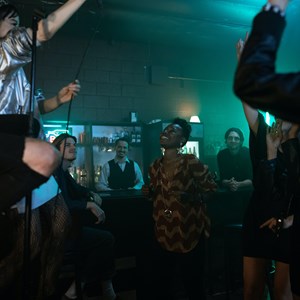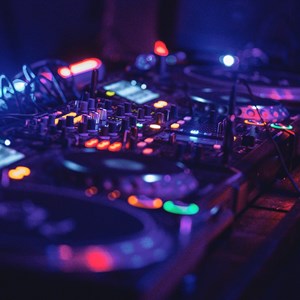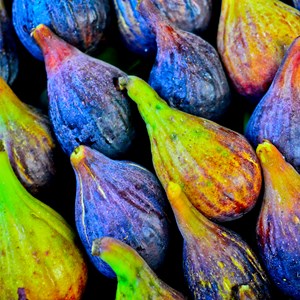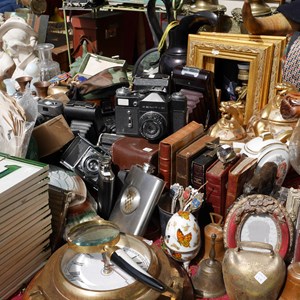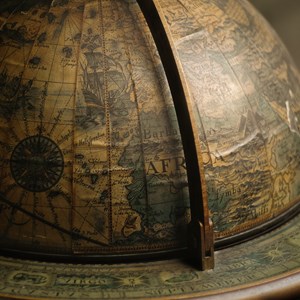

Tel Aviv, alongside Jerusalem, is a top Israeli destination and the heart of the country's culture and economy. Known for its stunning Mediterranean coastline, the city’s eclectic Bauhaus architecture, vibrant street art, and world-renowned culinary scene set it apart. Often called 'the city that never stops', Tel Aviv boasts a lively nightlife and dynamic cultural festivals, making it an irresistible draw for visitors seeking both relaxation and adventure.
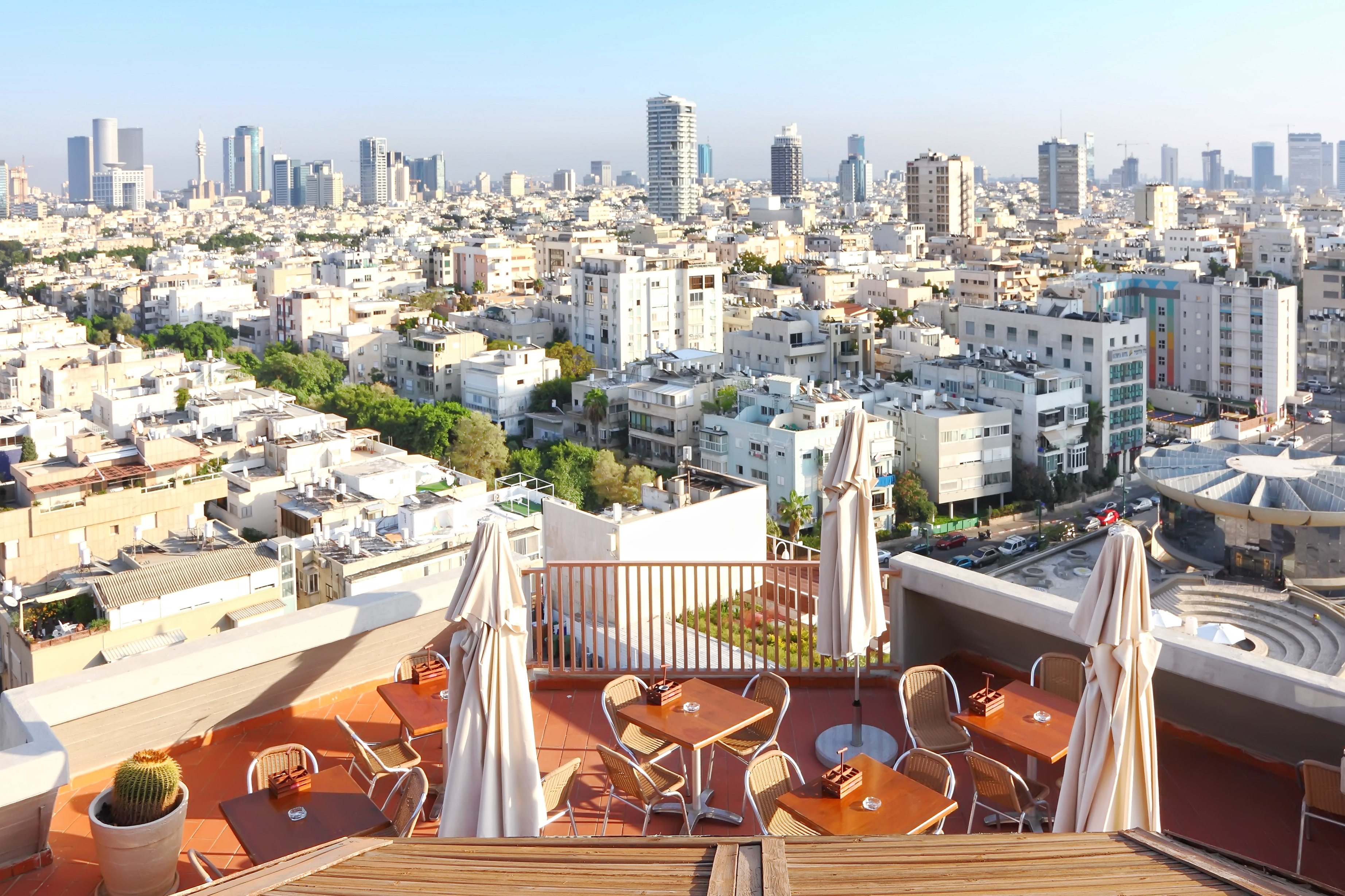 Protasov AN / Shutterstock.com
Protasov AN / Shutterstock.com
The City
In dramatic contrast to the nation's capital, Jerusalem, Tel Aviv isn't a city steeped in its historic past. Instead, it is a living, breathing urban centre; one that boasts burgeoning cultural, culinary, and nightlife scenes.
Made up of several starkly different neighbourhoods, Tel Aviv has something to offer for the history-lover and the hip young traveller curious about modern Israeli culture.
One of the city's oldest areas — the Ottoman-era Jaffa — is now as old as three millennia, and entices visitors with ancient buildings, biblical artefacts, and a still operational, charming fishing port.
Another neighbourhood to be written into any visitor's route is the Neve Tzedek. Stroll around the charming streets of one of Tel Aviv's oldest parts (the first Jewish neighbourhood to appear outside the city walls), and sit down for a slow meal at one of the many restaurants and cafes.
The famous Bauhaus buildings, Tel Aviv's so-called 'White City', do not occupy an area of their own, but are scattered throughout the entire town. Tel Aviv also enjoys a breezy coastal setting on the Mediterranean, with kilometres of beaches.
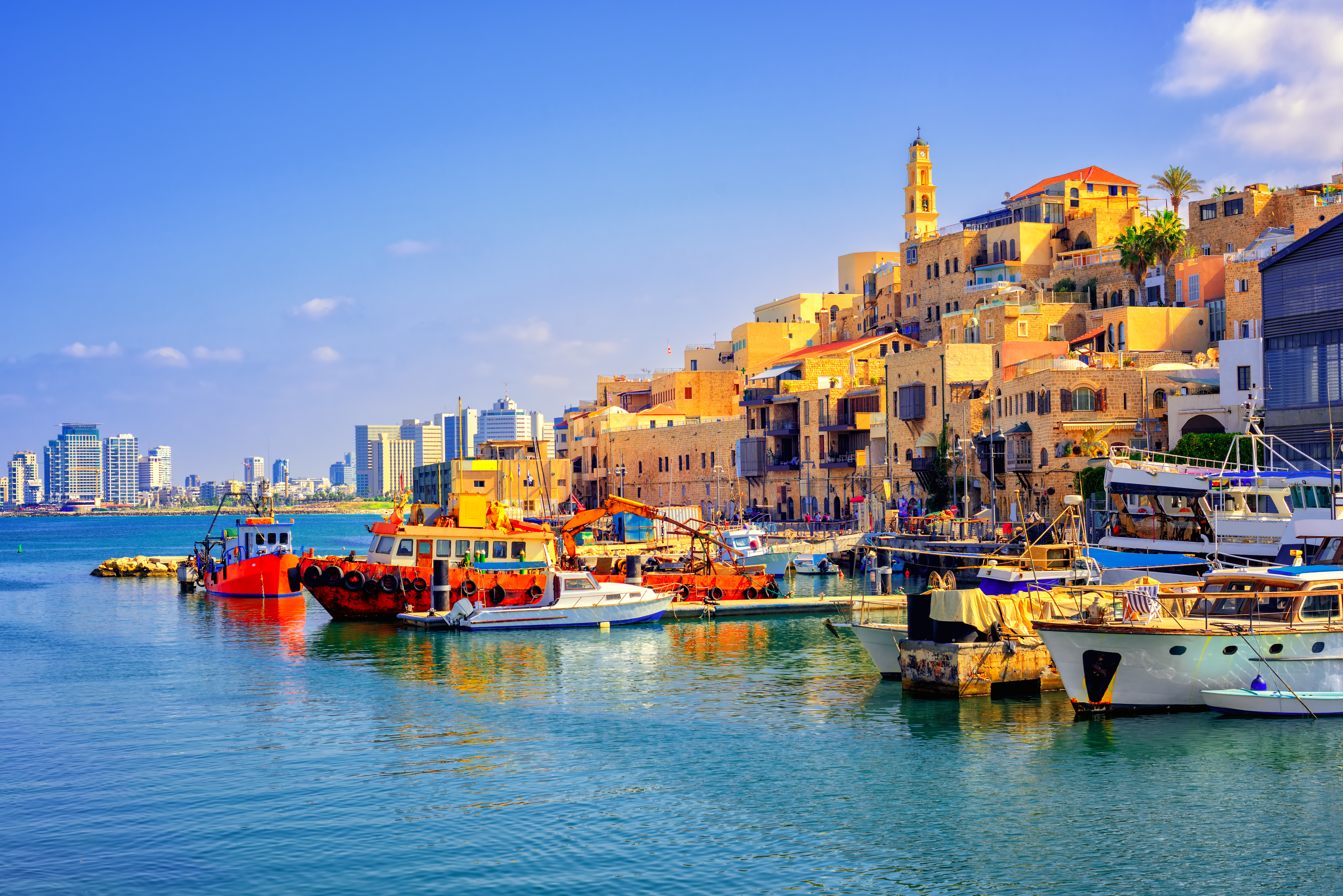 Boris Stroujko / Shutterstock.com
Boris Stroujko / Shutterstock.com
Do & See
While many come to Tel Aviv for the city's gorgeous beaches and unstoppable nightlife, there is much more to see and do. Explore a combination of historical sights and attractions with cutting-edge art galleries and boutiques, the city's look ranging from modernist Bauhaus buildings and millennial architecture in Jaffa.
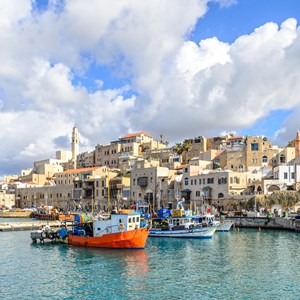 JekLi/Shutterstock.com
JekLi/Shutterstock.com
Old Jaffa
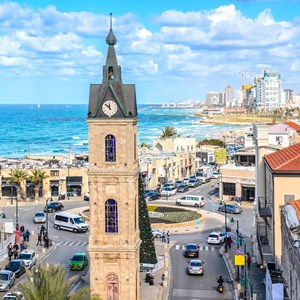 JekLi/Shutterstock.com
JekLi/Shutterstock.com
Clock Tower
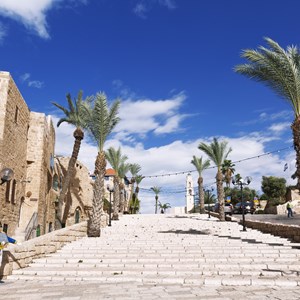 volkova natalia/Shutterstock.com
volkova natalia/Shutterstock.com
Kikar Kedumim
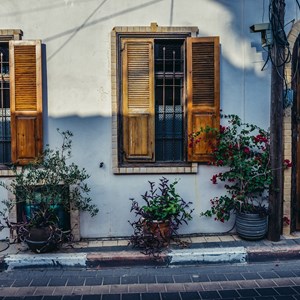 Fotokon/Shutterstock.com
Fotokon/Shutterstock.com
Neve Tzedek
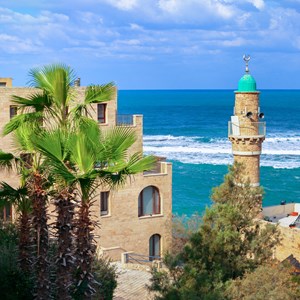 Ratikova/Shutterstock.com
Ratikova/Shutterstock.com
Al-Bahr Mosque
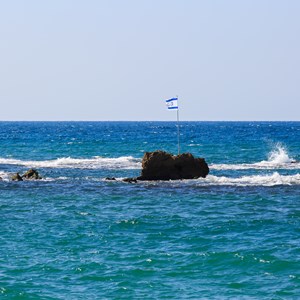 S1001/Shutterstock.com
S1001/Shutterstock.com
Andromeda's Rock
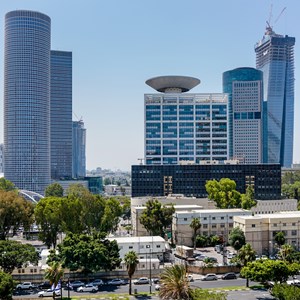 Boris-B/Shutterstock.com
Boris-B/Shutterstock.com
Azrieli Towers
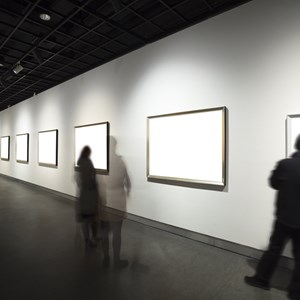 zhu difeng/Shutterstock.com
zhu difeng/Shutterstock.com
Tel Aviv Museum of Art
 gkuna/Shutterstock.com
gkuna/Shutterstock.com
Hayarkon Park
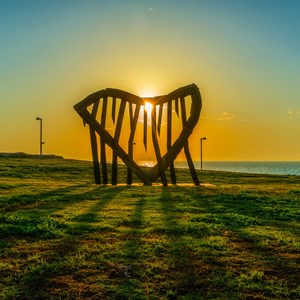 eFesenko/Shutterstock.com
eFesenko/Shutterstock.com
Charles Clore Park
 Monkey Business Images/Shutterstock.com
Monkey Business Images/Shutterstock.com
Eretz Israel Museum
 Dave Carroll/Shutterstock.com
Dave Carroll/Shutterstock.com
Ramat Gan Safari Park
 Stepanek Photography/Shutterstock.com
Stepanek Photography/Shutterstock.com
Dining
With a seemingly never-ending selection of places to eat, ranging from fine dining to street food, Tel Aviv is one of the region's best culinary cities. Daring chefs push the envelope when it comes to fusing tradition with innovation in the city's top restaurants, while street stalls take quick, cheap and delicious to whole new levels.
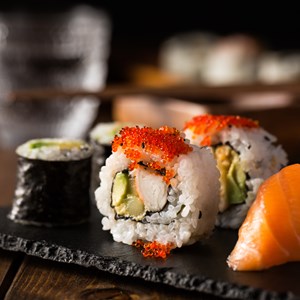 funkyfrogstock/Shutterstock.com
funkyfrogstock/Shutterstock.com
Jasia Asian Restaurant & Sushi Bar
 Yulia Grigoryeva/Shutterstock.com
Yulia Grigoryeva/Shutterstock.com
Hatraklin Meat & Wine Bistro
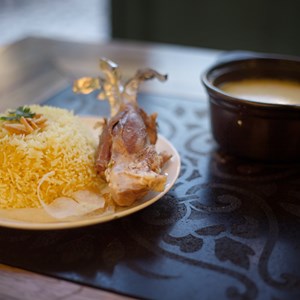 Waleed_Hammoudeh/Shutterstock.com
Waleed_Hammoudeh/Shutterstock.com
Haj Kahil
 Marcelo_Krelling/Shutterstock.com
Marcelo_Krelling/Shutterstock.com
Night Kitchen
 Kzenon/Shutterstock.com
Kzenon/Shutterstock.com
Shila — Sharon Cohen's Kitchen & Bar
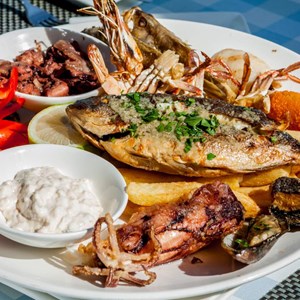 IrinaChevzhik/Shutterstock.com
IrinaChevzhik/Shutterstock.com
La Shuk
 Anton Chernov/Shutterstock.com
Anton Chernov/Shutterstock.com
"Black Out" dinner at the Nalaga'at Theatre
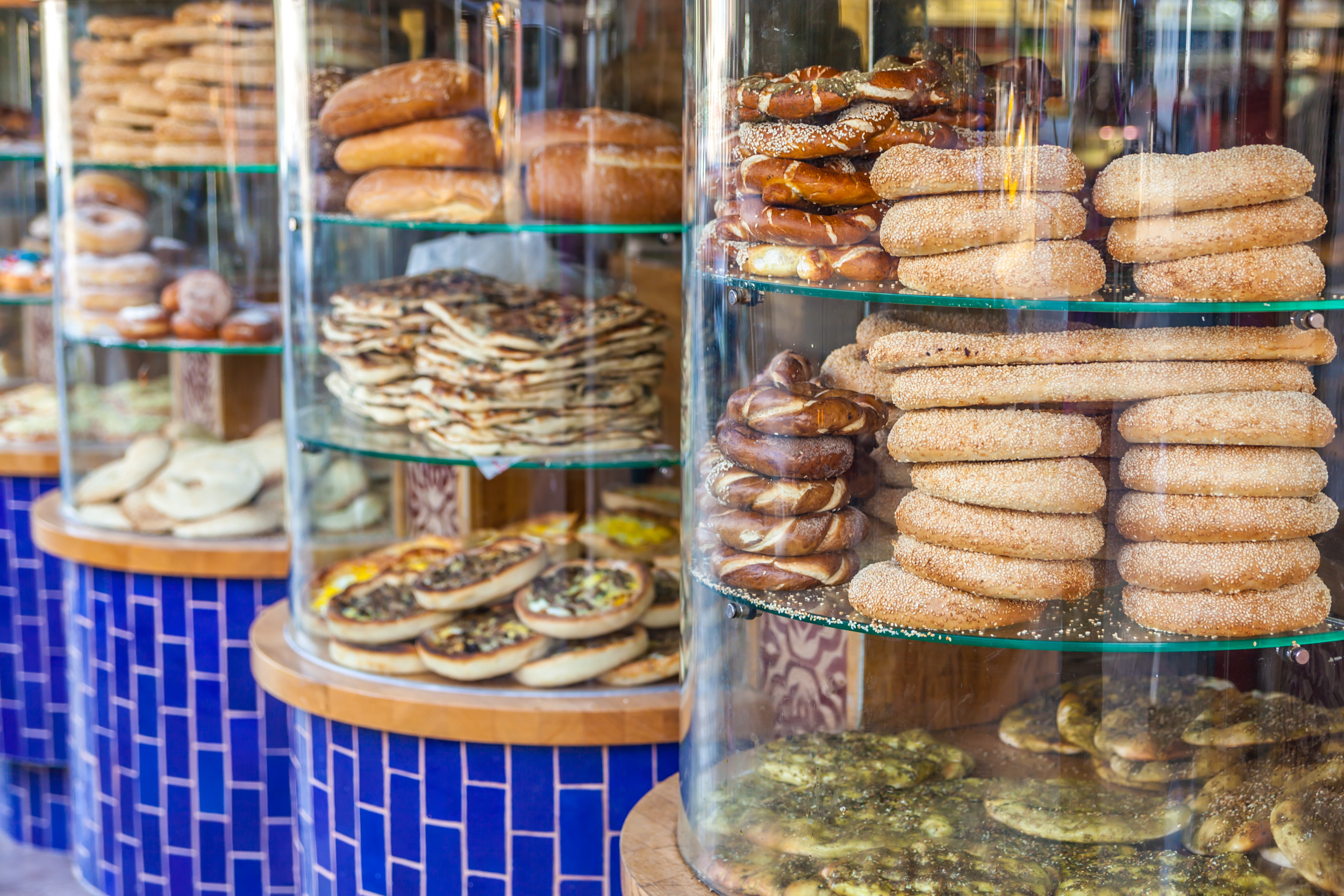 Kvitka Fabian / Shutterstock.com
Kvitka Fabian / Shutterstock.com
Cafés
Cafés play an important role in the life of the locals of Tel Aviv. These are the places where they go not only to catch up with friends or family but to do business, too. Talented baristas serve up expertly prepared coffee, and decadent desserts are abundant. Be sure to try some local baked goods and bread.
 Ruslan Shramko/Shuttertock.com
Ruslan Shramko/Shuttertock.com
Cafe Xoho
 Daxiao Productions/Shutterstock.com
Daxiao Productions/Shutterstock.com
Cafe Puaa
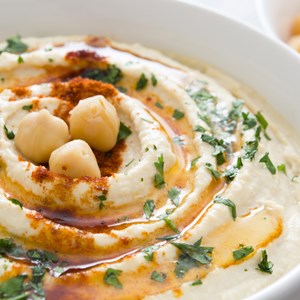 etorres/Shutterstock.com
etorres/Shutterstock.com
Hummus Abu Hassan
 SirChopin/Shutterstock.com
SirChopin/Shutterstock.com
Ha'pizza
 Alexandra Lande/Shutterstock.com
Alexandra Lande/Shutterstock.com
Cafelix
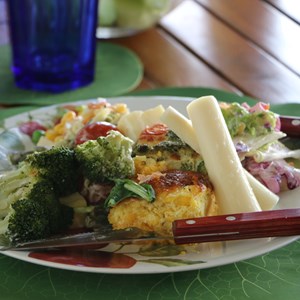 Anastasia Sunnybeam/Shutterstock.com
Anastasia Sunnybeam/Shutterstock.com
Cafe Birenbaum
Bars & Nightlife
Tel Aviv is known as the party capital of the Middle East, and for good reason. The seaside location and pleasant climate mean that beach parties go on until dawn, and world-class clubs, bars and music venues draw huge crowds all year.
 Rido/Shutterstock.com
Rido/Shutterstock.com
Minzar
 Jacob Lund/Shutterstock.com
Jacob Lund/Shutterstock.com
Mila
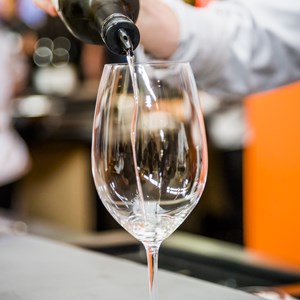 Christopher Gardiner/Shutterstock.com
Christopher Gardiner/Shutterstock.com
Par Derrière
 Rawpixel.com/Shutterstock.com
Rawpixel.com/Shutterstock.com
Dizzy Frishdon
 Pressmaster/Shutterstock.com
Pressmaster/Shutterstock.com
Kuli Alma
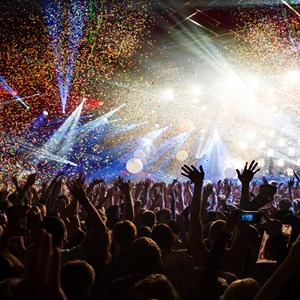 Vadim Ponomarenko / Shutterstock.com
Vadim Ponomarenko / Shutterstock.com
Haoman 17
 Pressmaster / Shutterstock.com
Pressmaster / Shutterstock.com
Shpagat
 PopTika / Shutterstock.com
PopTika / Shutterstock.com
Levontin 7
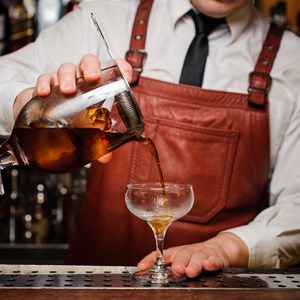 Maksim Fesenko / Shutterstock.com
Maksim Fesenko / Shutterstock.com
Bellboy Bar
 Monkey Business Images / Shutterstock.com
Monkey Business Images / Shutterstock.com
Silvia Bumper
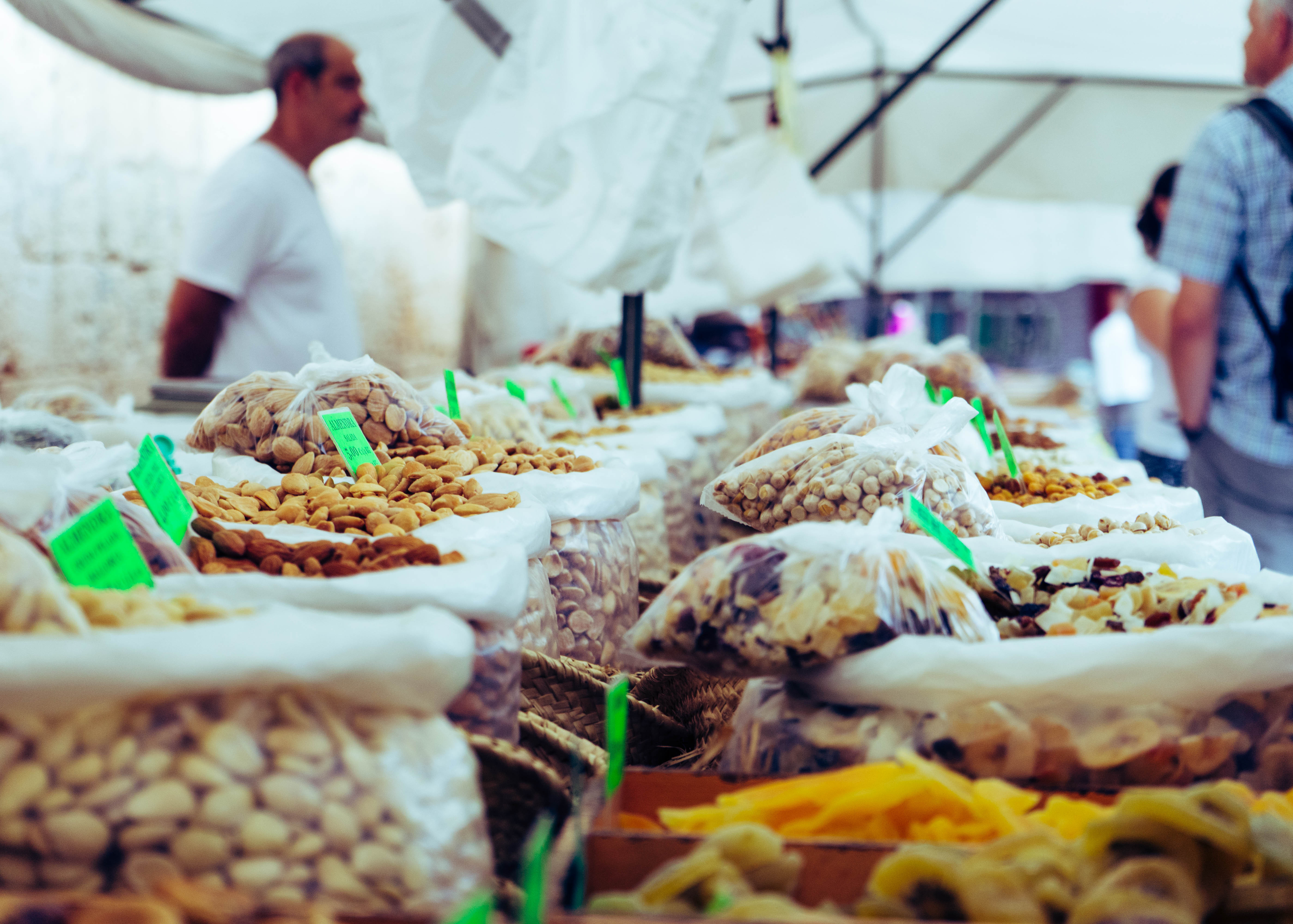 NikoEndres / Shutterstock.com
NikoEndres / Shutterstock.com
Shopping
Shopping in Tel Aviv is ubiquitous and eclectic. From designer fashion by local and international brands, to second-hand and vintage clothes, to antiques and local delicacies — this city has it all.
Markets make up one of the most essential parts of everyday life in Tel Aviv, and should not be missed, both for the experience and the great finds.
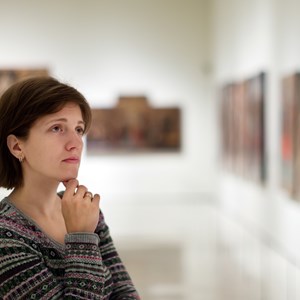 Iakov Filimonov / Shutterstock.com
Iakov Filimonov / Shutterstock.com
Stern Gallery
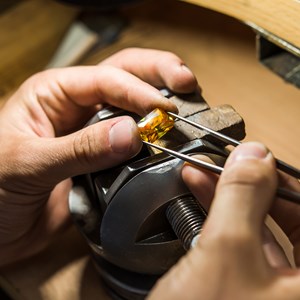 Luibov Luganskaia / Shutterstock.com
Luibov Luganskaia / Shutterstock.com
Adina Plastelina
 MaxFrost / Shutterstock.com
MaxFrost / Shutterstock.com
Maskit
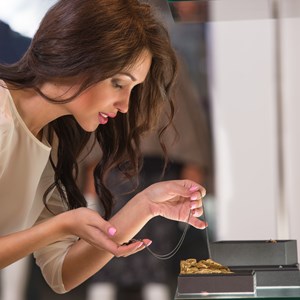 Milles Studio / Shutterstock.com
Milles Studio / Shutterstock.com
Yaniv Fine Jewelry
 Sompop Dechpisuttitham/Shutterstock.com
Sompop Dechpisuttitham/Shutterstock.com
Zielinski & Rozen Perfumerie
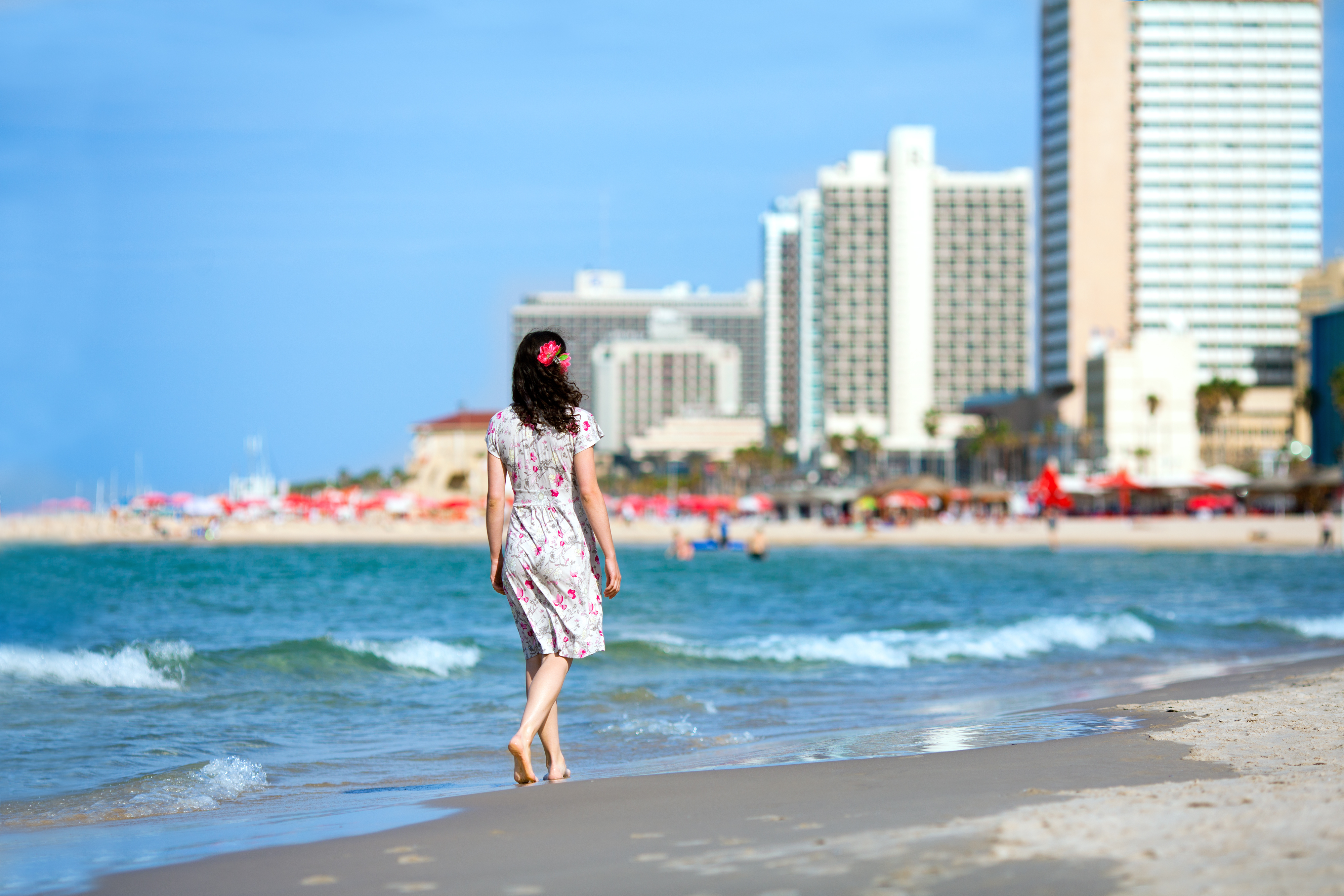 vvvita / Shutterstock.com
vvvita / Shutterstock.com
Tourist Information
Ben Gurion Airport (TLV)
Ben Gurion Airport, Israel's main international gateway, is located approximately 20 km southeast of Tel Aviv's city centre. The journey to the city typically takes around 20 to 30 minutes by car, depending on traffic.
Travellers can reach the city centre via several convenient options: the train, which runs frequently and takes about 18-20 minutes; buses, which offer a more economical choice though the journey might take longer; and taxis or private transfers. The official taxi rank is located in front of the Terminal on Level G, near the exit through Gate 1. Non-authorised taxis should be avoided to prevent potential scams or overcharging.
Address: Ben Gurion Airport, Tel Aviv
Email:
Phone:
Website:
More Information:
Passport/Visa
To visit Israel, your passport should be valid for at least the duration of your stay. While Israel recommends six months of validity, it's no longer a strict requirement as long as your passport remains valid during your visit.
Most visitors from countries with visa exemption agreements, including the EU, USA, Canada, and Australia, can enter Israel for up to 90 days without a visa. However, as of August 2024, an Electronic Travel Authorization (ETA-IL) must be obtained online at least 72 hours before travel. For those from non-exempt countries, a visa is required in advance.
In addition, Israel issues an entry card instead of stamping passports, which helps avoid complications when travelling to certain Arab or Muslim countries. Carry your passport if you plan to visit Palestinian territories, as it may be required at checkpoints.
Address:
Email:
Phone:
Website:
More Information:
Best Time to Visit
The best months to visit Tel Aviv are March through April and September through November, as spring and fall bring reasonable and pleasant temperatures as well as the lowest prices. Moreover, during this period, you will avoid the tourist crowds.
However, if you are heading to Tel Aviv for your summer holidays, then May to August is your time. The sun is bright and warm and the Mediterranean is perfect for a swim. Remember to book at least two months in advance, as this is the peak tourist season.
Address:
Email:
Phone:
Website:
More Information:
Public Transport
Buses:
The main public bus operator in Tel Aviv is called Dan, with the national operator Egged also serving some routes. Most buses do not operate on Shabbat (from Friday mid-afternoon until Saturday night). However, shared taxis called 'sherut' continue to run during this time.
Trains:
Tel Aviv-Yafo has four train stations along the Ayalon Highway: Tel Aviv University, Tel Aviv Savidor Merkaz (Arlozorov), Tel Aviv HaShalom, and Tel Aviv HaHagana. All trains serving Tel Aviv stop at these stations. For easy access to the city centre, Tel Aviv Savidor Merkaz and HaShalom are the most convenient, with HaShalom being directly connected to a major shopping mall.
Public transport In Tel Aviv operates using the Rav-Kav smart card, which can be used for buses, trains, and the light rail. Single rides, daily, and monthly passes can be loaded onto the Rav-Kav. Tickets can no longer be purchased directly from the driver; instead, they must be obtained at vending machines, kiosks, or via the Rav-Kav app.
Address:
Email:
Phone:
Website:
More Information:
Taxi
In Tel Aviv, taxis are readily available, especially in busy areas and near major hotels. All taxis are metered, and drivers are required to use the meter for each journey. Ride-sharing apps, such as Gett, operate widely in the city, allowing passengers to book taxis directly through the app with transparent pricing and the option to pay by credit card.
Address:
Email:
Phone:
Website:
More Information:
Pharmacy
The main pharmacy chains you'll come across in Tel Aviv include Super-Pharm (the largest and most widespread pharmacy chain in Israel) and Good Pharm.
Address: Super-Pharm - Sderot Sha'ul HaMelech 4, Tel Aviv-Yafo
Email:
Phone: +972 77 888 0390
Website:
More Information:
Telephone
Country code: +972
Area code: 3
Address:
Email:
Phone:
Website:
More Information:
Electricity
In Tel Aviv, the electrical system operates on a voltage of 230V with a frequency of 50Hz. The common types of electrical plugs used are Type C and Type H. Type C plugs are the standard European two-round pin plugs, while Type H plugs are unique to Israel, featuring three flat pins arranged in a triangular configuration.
Address:
Email:
Phone:
Website:
More Information:










